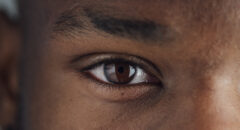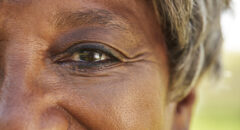
Eat right to protect your sight. That's the advice of the Glaucoma Research Foundation, which offers its recipe for healthier eyes.
Glaucoma is a group of eye diseases that cause progressive vision loss through damage to the optic nerve. It is the second-leading cause of blindness. It occurs five times more often in Blacks and about 10 years earlier in Blacks than other ethnic groups, according to the foundation.
As with other health issues, good nutrition can make a difference for your eyes, the foundation notes.
RELATED: 3 Reasons To Have Your Eyes Checked
Which foods can prevent glaucoma?
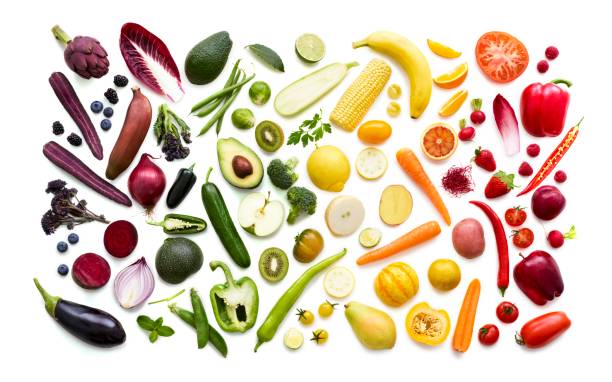
Fruits and veggies
Fruits and veggies are good sources of vitamins A and C, as well as the antioxidants lutein and zeaxanthin. These can protect against oxidative stress associated with damage to the optic nerve and other tissues of the eye in glaucoma.
A study that included 584 Black women found that those who consumed three or more fruit or juice servings daily were 79% less likely to have glaucoma than those who had less than one.
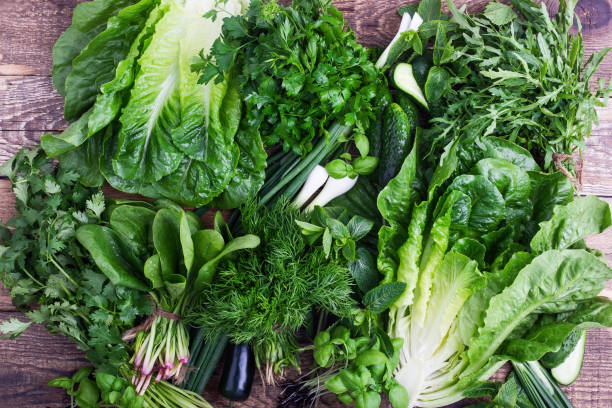
Leafy greens
Leafy greens are one of those veggies to focus on. Research has found a link between kale and spinach consumption and a reduced risk of glaucoma, according to the foundation.
Eating leafy greens is also linked to lower rates of inflammation, cancer, heart disease and even the eye disorder macular degeneration.

Nuts and seeds
Nuts and seeds are good sources of vitamin E, which is important for keeping cells healthy and protecting them from the free radical damage that can break down protective retinal tissues, the foundation notes.
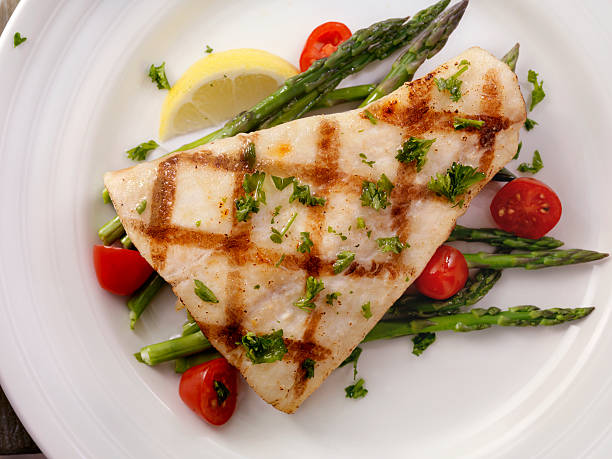
Fish
The foundation also suggests fish, particularly salmon, tuna, sardines and halibut have high levels of omega-3 fatty acids. Omega-3 fatty acids have been shown to lower glaucoma-related eye pressure.

Tea
And have a cuppa while you're at it. A study in the British Journal of Ophthalmology found that people who drank at least one cup of hot tea daily lowered their glaucoma risk by 74% compared to those who did not.
The foundation also suggests adding chocolate, bananas, avocados, pumpkin seeds and black beans to your diet for their health benefits.
RELATED: 3 Reasons You Should Talk About Glaucoma
Which foods should you avoid?
People who are already living with glaucoma should avoid foods that contribute to metabolic syndrome, obesity, blood pressure problems, and diabetes. A diet that helps maintain normal blood pressure and blood sugar helps reduce glaucoma risk, the foundation says.
Eating a healthy number of calories, and limiting carbohydrates may also have benefits for the eyes.
How to protect your eyes
According to the CDC, you can take the following steps to help protect your eyes and lower your risk of vision loss from glaucoma:
- If you are in a high-risk group, get a comprehensive dilated eye exam to catch glaucoma early and start treatment. Prescription eye drops can stop glaucoma from progressing. Your eye care specialist will recommend how often to return for follow-up exams. Medicare covers a glaucoma test once a year for people in high-risk groups.
- Even if you are not in a high-risk group, getting a comprehensive dilated eye exam by the age of 40 can help catch glaucoma and other eye diseases early.
- Open-angle glaucoma does not have symptoms and is hereditary, so talk to your family members about their vision health to help protect your eyes—and theirs.
- Maintaining a healthy weight, controlling your blood pressure, being physically active, and avoiding smoking will help you avoid vision loss. These healthy behaviors will also help prevent type 2 diabetes and other chronic conditions.




